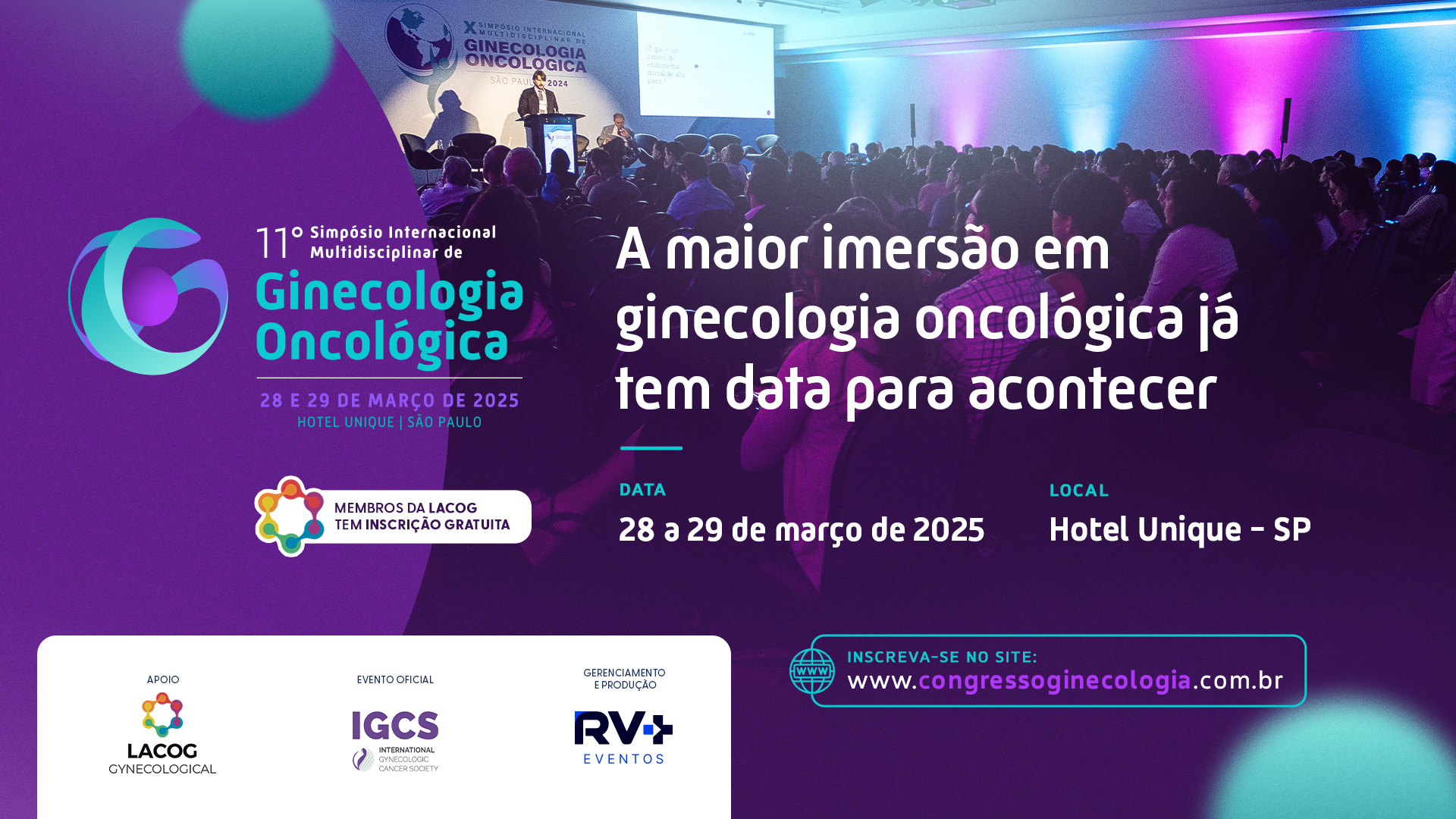
The lack of epidemiological data on bladder cancer led to an investigator-initiated study by a LACOG investigator
The incidence of cancer and its mortality rates have been increasing worldwide, especially in developing countries due to their growing and aging population. “Bladder cancer is the tenth most common cause of cancer across the world, with 549 thousand new cases and 200 thousand deaths estimated each year”, explains Dr. Vinícius Carrera Souza, an oncologist from the Instituto D’Or – Bahia and a researcher at LACOG.
According to Dr. Souza, little is known about the epidemiology, clinical-pathological characteristics, standard treatments and outcomes of advanced urothelial carcinoma of the renal pelvis, ureter, bladder or urethra in Latin America. “The latest estimates indicated that the incidence of bladder cancer is 7 per 100,000 in men and 2.3 per 100,000 in women. However, these data are probably underestimated due to scarcity of cancer records. Fortunately, there has been an increased interest in clinical and pathological information collection regarding metastatic urothelial cancer in Latin America.”
Considering that, Dr. Souza began the Bladder Cancer Registry study (LACOG 1518). The study aims to create a Latin American multicenter database to analyze epidemiological, clinical and pathological data, treatments, outcomes and biological information from patients with recurrent / metastatic urothelial cancer. The study will cover 204 patients from Brazil, Mexico, Argentina, and Guatemala.
In Dr. Souza`s opinion, for a research study to be successful, the collaboration of research sites from Brazil and across Latin America is crucial. He says that researchers play a prominent role throughout the whole study process. They are responsible for identifying eligible patients to participate in research studies, patient care and data collection. Dr. Souza also emphasizes the relevance of a groups like LACOG which have proper facilities to support Latin-American researchers, helping them with the development of new studies, monitoring drug safety, monitoring, managing and analyzing data.”





